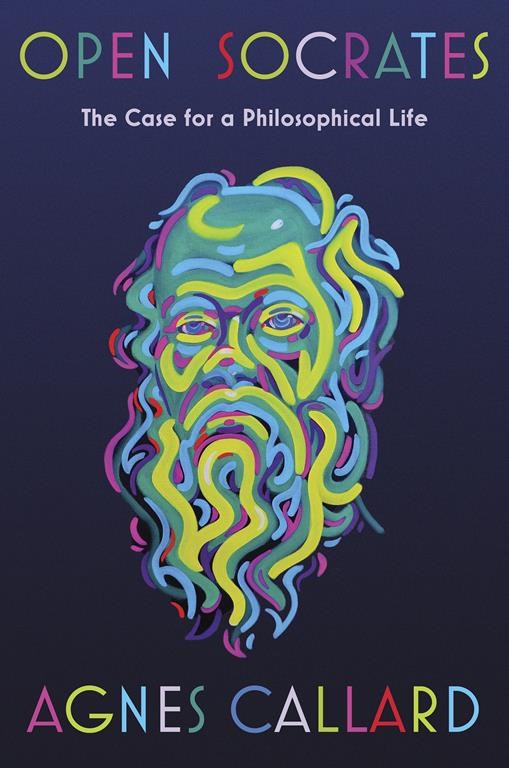Book Review: ‘Open Socrates’ shows why philosophy isn’t a spectator sport
Advertisement
Read this article for free:
or
Already have an account? Log in here »
We need your support!
Local journalism needs your support!
As we navigate through unprecedented times, our journalists are working harder than ever to bring you the latest local updates to keep you safe and informed.
Now, more than ever, we need your support.
Starting at $15.99 plus taxes every four weeks you can access your Brandon Sun online and full access to all content as it appears on our website.
Subscribe Nowor call circulation directly at (204) 727-0527.
Your pledge helps to ensure we provide the news that matters most to your community!
To continue reading, please subscribe:
Add Brandon Sun access to your Free Press subscription for only an additional
$1 for the first 4 weeks*
*Your next subscription payment will increase by $1.00 and you will be charged $20.00 plus GST for four weeks. After four weeks, your payment will increase to $24.00 plus GST every four weeks.
Read unlimited articles for free today:
or
Already have an account? Log in here »
Hey there, time traveller!
This article was published 13/01/2025 (397 days ago), so information in it may no longer be current.
During a time when many are complaining about divisiveness in politics and in society, it seems counterintuitive for a book to make the case that we need to argue more.
But in “Open Socrates: The Case for a Philosophical Life,” Agnes Callard illustrates how philosophy isn’t just a spectator sport. It requires engaging with one another and arguing with each other, and admitting mistakes.
Callard offers a roadmap for using the ancient Greek philosopher for approaching knotty discussion on topics such as love, politics and death.

Callard’s book is intellectually challenging and hardly a simple crash course on Socrates, but the payoff is worth the time and effort put into rethinking approaches to philosophy and life.
The book urges readers to not equate thinking with retreating from conversation and avoiding disputes. Thinking, Callard writes, requires interacting with others the same way Socrates did — even arguing with them. Philosophy isn’t meant to be comfortable, she stresses.
“Thinking happens during the uncomfortable times when you permit others to intrude into your private mental world, to correct you,” Callard writes.
At the same time, Callard writes that Socrates’ approach shows that the type of disputes philosophy requires can’t be viewed as a zero-sum game. It also requires those involved to involved to admit their errors.
That lesson is what makes the two chapters Callard devotes to applying Socrates to politics the most valuable, especially after last year’s election. As she writes, “we live together because we think together.”
___
AP book reviews: https://apnews.com/hub/book-reviews
